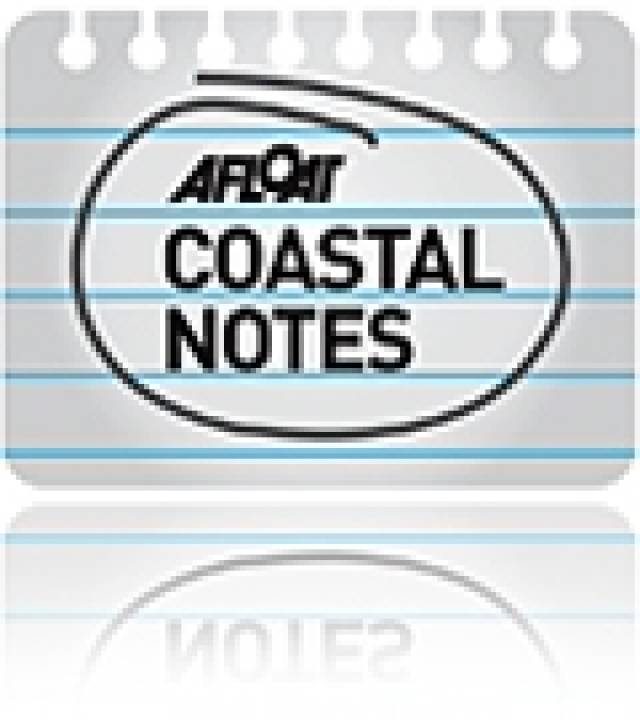#EARTHQUAKE - The North West region experienced its biggest ever earthquake this week in an event that poses “very interesting questions for geologists”.
The magnitude 4 quake on the morning of Wednesday 6 June, which was epicentred close to the Corrib Gas Field off the coast of Co Mayo, resulted in tremors felt from Sligo to Galway and numerous reports of houses shaking, as The Irish Times reports.
Minister for Energy and Natural Resouces Pat Rabbitte said all evidence pointed to the incident being a “naturally occurring earthquake” and emphasised there was “no link” to works on the Corrib field.
Experts from the British Geological Survey said it was "not a warning of anything bigger to come".
However, Tom Blake of the Irish National Seismic Network (INSN) said that the "moderate" quake was “significant” in that it challenged existing information about seismic activity in the region.
Shell EP Ireland said the seismic survey had not started and it had “no reason to believe that this event has had any impact on the sub-sea infrastructure”.
“However, as a precautionary measure, a visual inspection of the offshore infrastructure will be carried out in the coming days,” it said.
Ireland's biggest earthquake on record was in 1984, when a magnitude 5.4 quake struck off Wales, causing some structural damage along the east coast.
































































